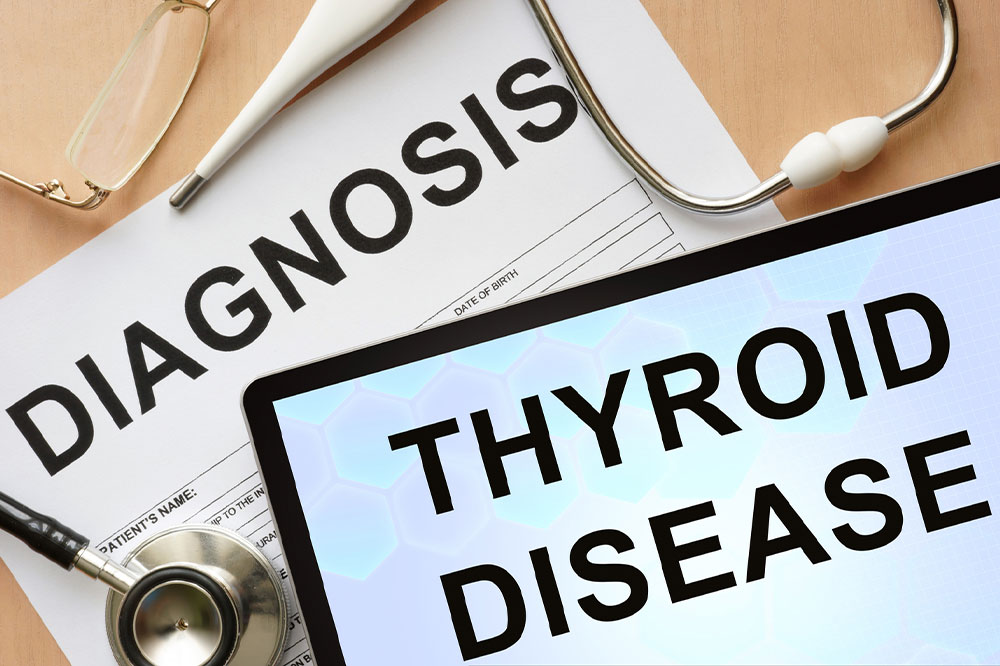Recognizing Signs and Symptoms of Thyroid Disorders
This article highlights the key signs of thyroid disorders, including hypothyroidism and hyperthyroidism. It explains how disruptions in hormone production affect various bodily functions such as metabolism, heart health, and mood. Women over 35 should be particularly vigilant. Recognizing symptoms like fatigue, weight changes, skin and hair issues, and mood disturbances can lead to early diagnosis. Accurate testing and timely treatment are essential for managing thyroid health and preventing serious complications.
Sponsored

The thyroid gland, situated below the Adam's apple at the front of the neck, plays a vital role in hormone production. This butterfly-shaped gland releases hormones like T3 (triiodothyronine) and T4 (thyroxine), which control metabolism, growth, and development. When the thyroid's function is disrupted, it can impact heart health, mood, energy, bones, and pregnancy. The balance of thyroid hormones is regulated by signals from the brain, specifically the hypothalamus and pituitary gland, involving TRH and TSH hormones.
When the body detects adequate thyroid hormone levels, production decreases. However, disturbances in this system lead to thyroid issues, primarily hypothyroidism and hyperthyroidism. Hypothyroidism involves hormone deficiency, slowing down bodily functions, while hyperthyroidism involves excess hormones that accelerate metabolism.
Identifying thyroid problems involves observing various signs. Women over 35 are more vulnerable and should monitor for symptoms regularly. Fatigue despite sufficient sleep could indicate low thyroid activity, while feeling hyper or anxious may suggest an overactive thyroid. Cognitive issues like poor concentration, memory lapses, and decreased interest in intimacy are common. Changes in appetite, taste, weight, heart rhythm, bowel habits, skin condition, menstrual patterns, and hair health also signal possible thyroid dysfunctions. Pain, temperature sensitivity, and blood pressure irregularities further point to thyroid issues. Early diagnosis through blood tests can prevent complications and manage symptoms effectively.






